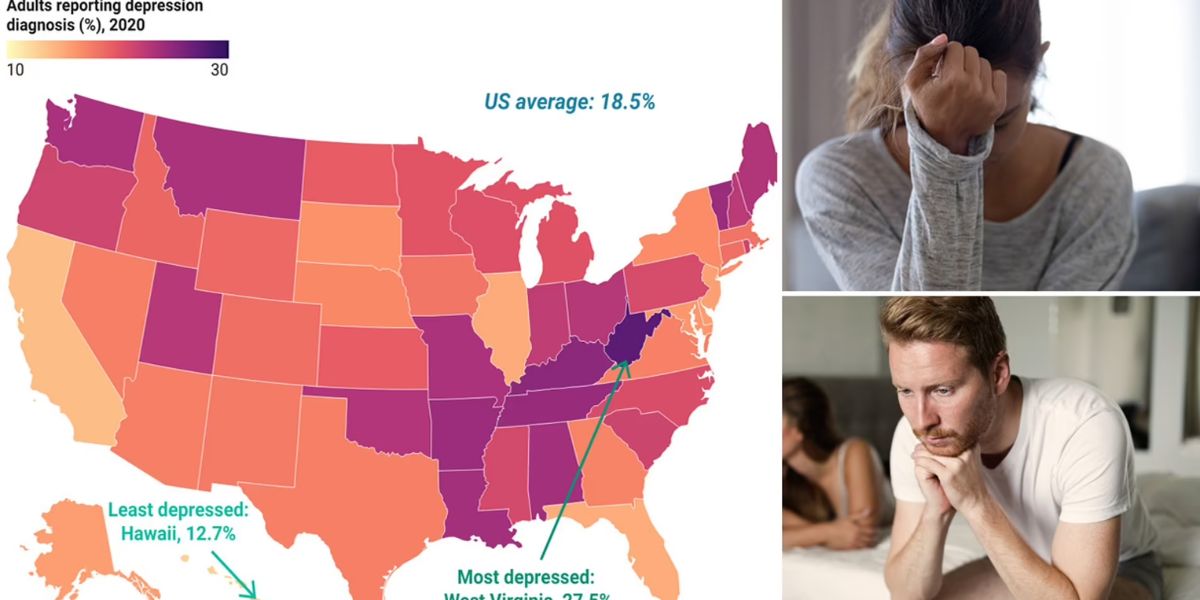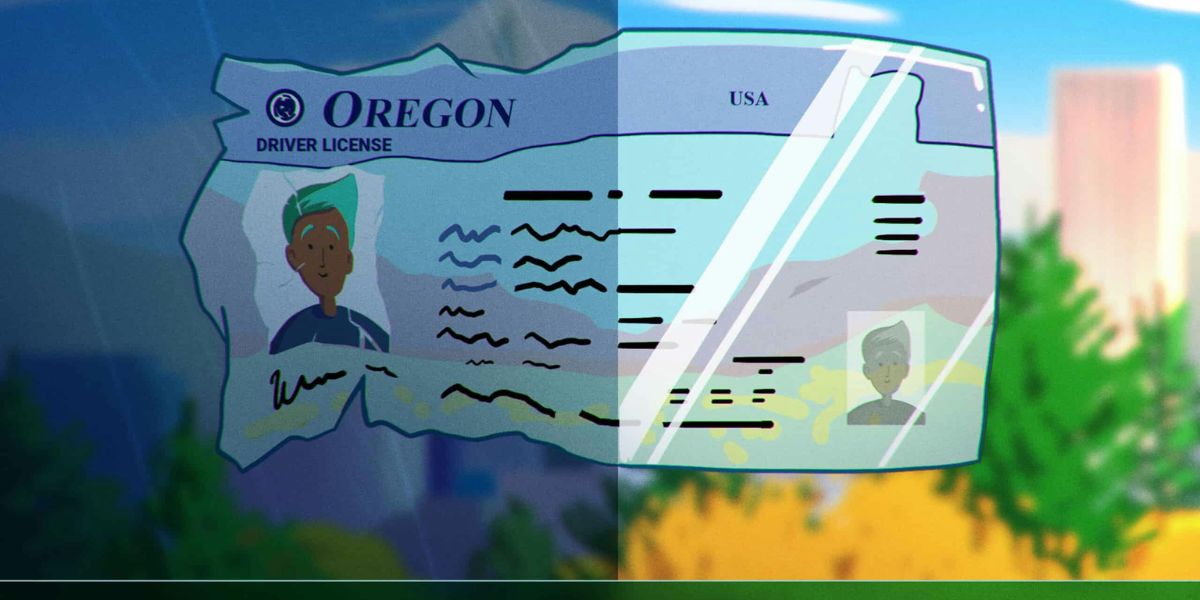As housing costs continue to rise across the nation, many tenants and landlords in Montana are paying closer attention to rent increase laws.
While Montana is known for its open spaces and relatively low population density, its housing market has not been immune to nationwide trends of inflation and limited inventory. With 2025 underway, understanding Montana’s updated rent increase laws is essential for both renters and property owners.
This comprehensive guide outlines what tenants and landlords need to know about legal rent increases in the Treasure State—including notice requirements, limits (or lack thereof), lease agreement terms, and more.
Does Montana Have Rent Control in 2025?
Montana
does not have statewide rent control laws. This means landlords are generally free to increase rent by any amount, provided they follow the proper legal procedures and provide adequate notice. Unlike some states and cities where annual increases are capped by law, Montana’s lack of rent control gives landlords greater flexibility—but it also places the burden on tenants to stay informed about their rights.
However, just because there’s no limit on the amount of rent increase doesn’t mean landlords can raise rent arbitrarily. The timing and notice requirements are strictly regulated under Montana law.
How Much Notice Is Required for a Rent Increase in Montana?
The amount of notice a landlord must give before increasing rent depends on the type of lease:
- Month-to-Month Tenancies: Landlords must provide at least 30 days’ written notice before increasing the rent.
- Fixed-Term Leases (e.g., 12-month leases): Rent cannot be increased during the lease term unless the lease agreement explicitly allows it. Once the lease expires, the landlord may propose a new rental amount in a renewal offer.
Notice must be in
written form and should clearly state:
- The amount of the increase
- The effective date of the new rent
- Instructions for continuing the lease under the new terms or vacating the property
Tenants who do not agree to the new rent may choose to move out at the end of the notice period without penalty.
Can a Landlord Raise Rent During a Lease in Montana?
Generally,
no. If a tenant has signed a fixed-term lease, the landlord
cannot raise the rent mid-lease unless the contract includes a rent escalation clause or specific terms permitting it. In most standard leases, the rent is locked in for the full lease period, providing tenants with financial stability for the agreed duration.
When Can a Landlord Raise Rent in Montana?
Landlords in Montana may raise rent when:
- A lease is being renewed
- A month-to-month agreement is ongoing, with proper 30-day notice
- A tenant is transitioning from a fixed-term lease to a month-to-month arrangement
However, landlords
cannot raise rent as a form of retaliation—for example, after a tenant complains about habitability issues or reports code violations. Retaliatory rent increases are prohibited and may be legally challenged.
Are There Any Restrictions on How Much Rent Can Be Increased?
As of 2025,
Montana law does not impose a maximum percentage or dollar limit on rent increases. That said, extreme rent hikes—especially without proper justification—can drive tenant complaints or legal disputes, particularly if tenants believe they are being singled out or unfairly treated.
Landlords are encouraged to raise rent in
reasonable, documented increments and provide advance communication to avoid disputes.
Rent Increases and Subsidized Housing
Tenants who live in
subsidized housing or participate in government programs like Section 8 may be subject to
additional federal or program-specific rules. These tenants are typically protected by strict limits on rent increases and must receive notice according to HUD (U.S. Department of Housing and Urban Development) guidelines.
Landlords managing such properties must follow both
state and federal laws and may face penalties for violations.
Best Practices for Landlords in Montana
To ensure legal compliance and maintain good tenant relationships, landlords should:
- Provide rent increase notices in writing with clear explanations
- Keep records of communication
- Avoid rent hikes that could be interpreted as retaliatory
- Comply with any lease terms regarding rent adjustments
- Monitor local developments or city ordinances, even though statewide rent control does not exist
What Tenants Should Do If Faced With a Rent Increase
Tenants should:
- Review their lease terms carefully
- Confirm that the proper notice was given
- Communicate promptly with their landlord about the increase
- Seek legal advice if they believe the increase is retaliatory or unlawful
- Explore relocation options if the new rent is unaffordable
Montana Legal Services Association and local tenant advocacy groups can help renters understand their rights and responsibilities.
Conclusion
Montana’s rent increase laws in 2025 maintain a landlord-friendly stance with no rent control measures or limits on the amount of increase. However, procedural requirements such as 30-day written notice for month-to-month tenancies and protection from retaliatory increases give tenants important rights. Whether you’re a renter or a landlord, staying informed and communicating clearly can help ensure a smooth transition whenever rent changes come into play.




